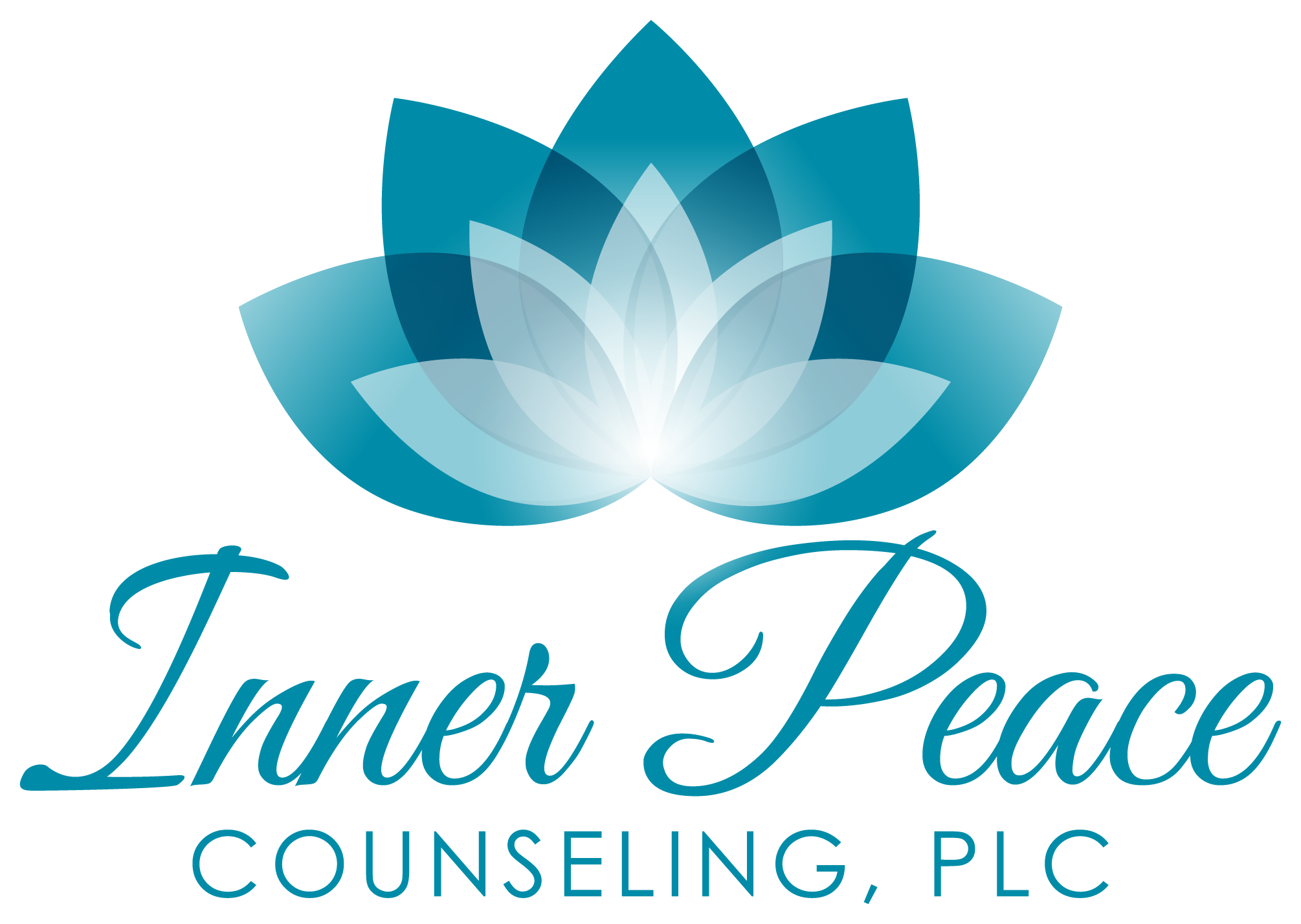By: Ashley Carter Youngblood
Categories:
Is Therapy Worth It?
I have already written a blog on what therapy really is. But, knowing that therapy can provide people with the opportunity for learning and growth may not be enough. As I describe on the Frequently Asked Questions page of this website, therapy is both a financial and time commitment. And, while the biggest component of the success of any therapy has been shown by research to be the connection of the relationship you have with your therapist (as opposed to their age, education level, therapeutic approach, or any other factor), it still involves work on your end.
A Brain Doctor
For years, and sometimes even still, therapists are described as “shrinks.” This developed as a derogatory term short for “head shrinker” because of the over-analysis typically done within the context of the now-outdated stereotype of the woman lying on the couch and Freud telling her all about what was wrong with her. Yes, therapists deal with the head. But, it’s so much more.
First of all, let’s be real. No healthcare is inexpensive. However, most of us wouldn’t bat an eye about spending a good amount of money on a good quality doctor. For physicians in private practice or who see patients on a self-pay basis, it’s not abnormal to charge $150-200 per hour. Why, then, for our mental health, as opposed to our physical health, do we pause at the thought of paying a therapist that same rate?
Physicians work with the body and holistically incorporate information from our multiple body’s systems and even our environment to make observations and suggestions. Therapy is no different. Therapists are simply a doctor of the brain.
If you are not looking to make changes, therapy probably isn’t for you. However, therapy is an opportunity to talk with a professional educated in the area of mental health and on the impact of other areas of functioning – social, physical, spiritual, intellectual, financial, sexual, cultural, environmental, and professional – on your health. It is not a quick fix of walking into a doctor and having them tell you that you have an ear infection and giving you anti-biotics. It is a longer-term exploration of patterns and an integration of multiple areas of complexity that helps you achieve more of the life that you want; not just a reduction or elimination of symptoms.
I am not taking issue with physical health care seeming to be more valued than mental health care. It’s not personal. It has only been recently that we no longer have psychiatric institutions where we just literally send people away, seeing them as a burden to society. And, all costs in healthcare are largely determined by health insurance companies.
However, it is this complexity of multiple areas of functioning (e.g. social, physical, spiritual, intellectual, financial, sexual, cultural, environmental, and professional) that I believe makes mental health care on par in importance and value with physical health care. When was the last time you got to spend a full hour talking with your physician about your overall wellness? With therapy you can do that each time. Therapy allows you to dig deep at the cause of challenges, as opposed to simply masking symptoms. Yes, you have to do the work. And, yes, as Forbes.com reports, the cost of therapy tends to be around $150 per session. But, when you are sick, you see a doctor. Why, then, do we diminish the ability to have therapy offer a healing that is deeper and hopefully even more sustainable, touching the lives of all around us?
I am not interested in comparing the “difficulty” or the value of various areas of health care. I just think we have a long way to go in our ability to see validity in “illness” (e.g. anxiety, addiction) that cannot be seen by the human eye. May we continue to offer ourselves permission to view our brains as just as important as the rest of our bodies. And, may healthcare continue to move toward an integrated model of helping all of our providers communicate with and actively coordinate care with each other in order to fully and holistically help heal the WHOLE person.
~Ashley Carter Youngblood, LMSW, LMFT, CIMHP, CNRC, ADS, NNP
 Ashley Carter Youngblood is a licensed Clinical Social Worker, licensed Marriage and Family Therapist, Certified Integrative Mental Health Professional, Certified Nutrition Recovery Coach, Acupuncture Detoxification Specalist, and a Nutrition Network who has been in the field since 2007. She offers counseling at her woman-owned and -operated business, Inner Peace Counseling, PLC, for those in Kalamazoo, Portage, Mattawan, Battle Creek, Paw Paw, and the surrounding areas of Southwest Michigan. She is passionate about her work with clients, whether it’s providing traditional individual counseling, life coaching, acupuncture, or Amino Acid Therapy for mental health symptoms. Her specialties include holistic healing, counseling for women, anxiety, nutritional interventions for mental health, and support for Highly Sensitive People/Empaths.
Ashley Carter Youngblood is a licensed Clinical Social Worker, licensed Marriage and Family Therapist, Certified Integrative Mental Health Professional, Certified Nutrition Recovery Coach, Acupuncture Detoxification Specalist, and a Nutrition Network who has been in the field since 2007. She offers counseling at her woman-owned and -operated business, Inner Peace Counseling, PLC, for those in Kalamazoo, Portage, Mattawan, Battle Creek, Paw Paw, and the surrounding areas of Southwest Michigan. She is passionate about her work with clients, whether it’s providing traditional individual counseling, life coaching, acupuncture, or Amino Acid Therapy for mental health symptoms. Her specialties include holistic healing, counseling for women, anxiety, nutritional interventions for mental health, and support for Highly Sensitive People/Empaths.
I welcome you to contact me or leave any questions or feedback you have about this post. Please keep in mind that the above information is the opinion of an individual, should not be considered medical advice/treatment, and is for entertainment/educational purposes only. I write these blogs as an expression of my passion for wellness and with the hope to be able to help as many people as possible. So, for more information about how to safely navigate this website and to what terms you are agreeing upon use, visit my Disclaimer page. And, as always, if you are experiencing an emergency, contact 911 or present yourself to your nearest emergency room.
Thanks for reading.

